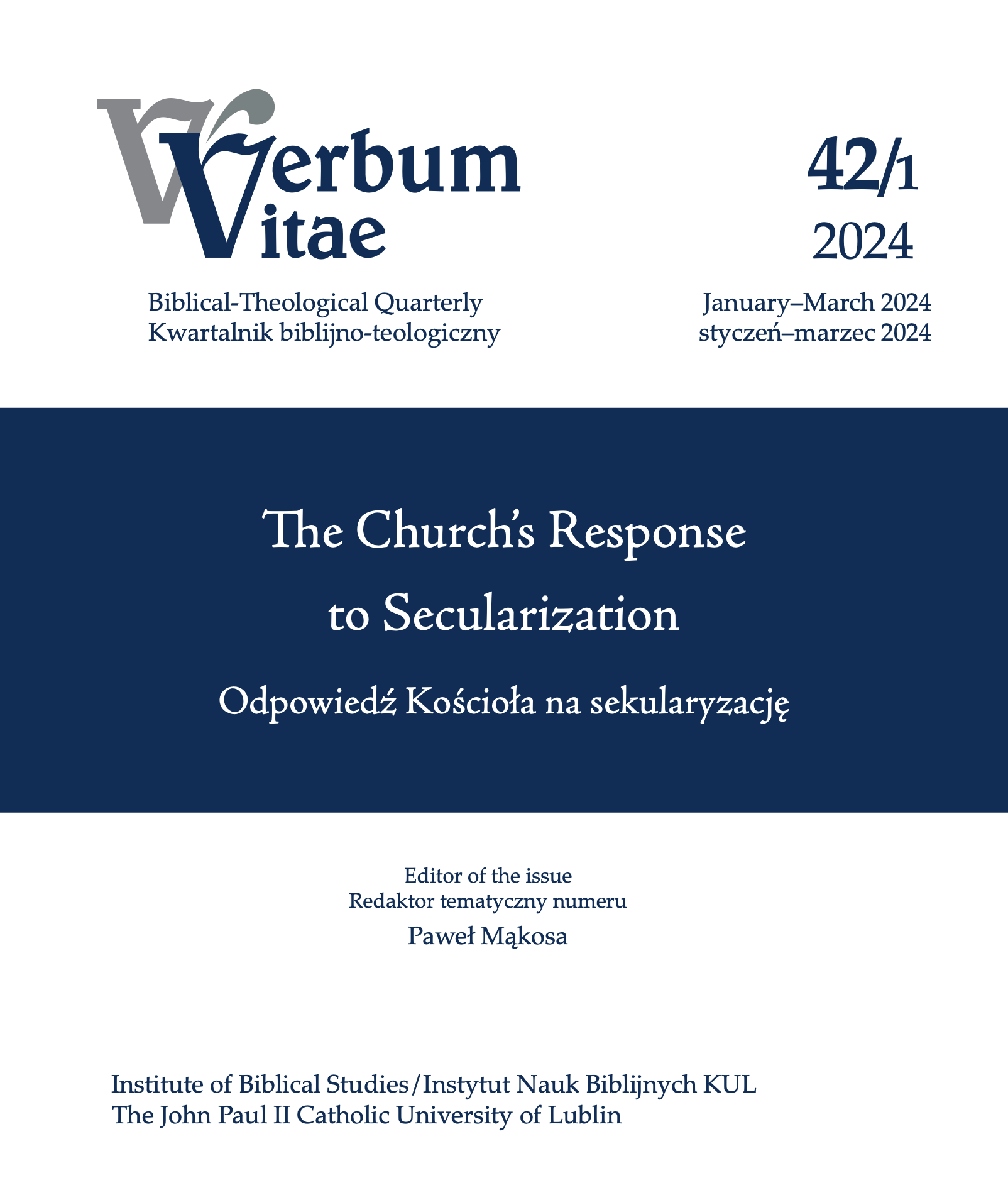Discovering the Child? Individualization Processes of Catholic Religious Education in the Horizon of Secularization since 1900
Discovering the Child? Individualization Processes of Catholic Religious Education in the Horizon of Secularization since 1900
Author(s): ALEXANDER MAIERSubject(s): Family and social welfare, Pastoral Theology, Sociology of Religion
Published by: Katolicki Uniwersytet Lubelski Jana Pawła II
Keywords: Munich method; secularization; individualization; religious education; theology of children; dogma; non-denominational students;
Summary/Abstract: At the beginning of the 20th century, early processes of secularization – especially in working-class families living in large cities – and inadequate teaching methods led to a crisis of Catholic religiouseducation. Teachers and professors highlighted that it was becoming more and more difficult for reli-gious education to reach students and to ensure that they become devoted members of the Church.In this situation, a catechetical movement was established, which was mainly situated in Munich andVienna, where teachers, catechists, and academics discussed reforms of the commonly used teachingmethods in religious education. Conferences and the foundation of journals followed. It is at least fromthis point that the process of modernization in the field of religious education in the German-speakingcontext begins. This modernization gained traction after the Second Vatican Council and was also pro-moted by the phenomenon of secularization and pluralization after the 1960s. Against this background,the essay will address the following questions: What led to the modernization of religious education thatbegan around 1900? What role was played by the new openness of catechists and theologians for edu-cation science and the (religious) pluralization of society? To answer this question, the article will focuson developments between 1900 and the 1920s, during the 1970s, and the more or less topical discus-sion about the concept of ‘theology of children’ since the late 1990s. This study will also ask whether thisdevelopment can be described as the discovery of the child in theology and religious education. Finally,this paper asks what consequences this development has for a denominational religious education instate schools today and in the future.
Journal: Verbum Vitae
- Issue Year: 42/2024
- Issue No: 1
- Page Range: 103-119
- Page Count: 18
- Language: English

